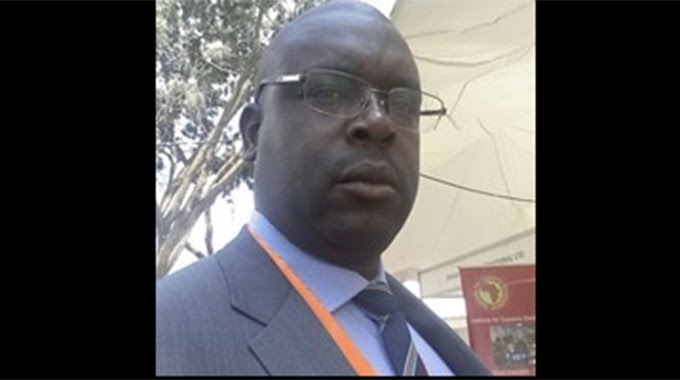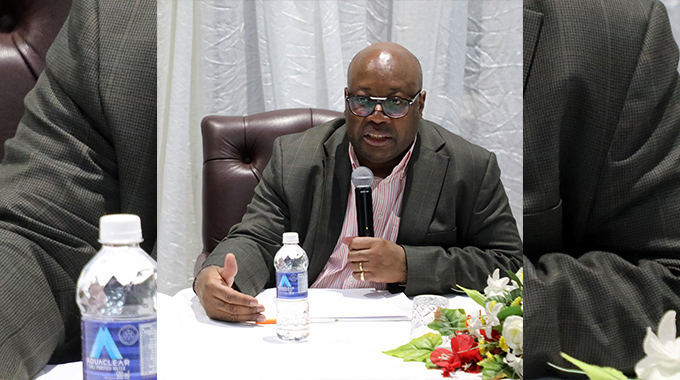Imported software blamed for high banking charges

Oliver Kazunga, Senior Business Reporter
FINANCE and Economic Development Deputy Minister Clemence Chiduwa has said the cost of imported software is a major driver of high bank charges being levied by financial institutions to depositors.
Although the country’s banking sector remains in a solid position with increasing profits, surveys have shown the bulk of income comes from banking charges as opposed to lending interest as per global norm.
Of late, concerns have been raised over the high bank charges on transactions, which are blamed for discouraging formalisation. High bank charges also tend to spike demand for cash, as more people tend to avoid costly electronic transactions and account service charges.
Responding to questions in Parliament on Wednesday, Deputy Minister Chiduwa said the Government has engaged banks and the feedback was that imported software cost was a major push factor.
“Bank charges on transactions that are being levied by our banks are on the upper side. We have engaged our banks and the primary reason they are fighting for high bank charges is because of the software system they are using. Most of the systems they are using are imported,” he said
The Deputy Minister stressed the need to continue enhancing availability of foreign currency to reduce the cost of imported software and other accessories.
In June last year, the Government introduced the weekly Foreign Currency Auction Trading System with a view to improving the accessibility of foreign currency on the formal market to the productive sectors.
The forex allocated through the auction arrangement has largely been for companies to procure critical raw materials and equipment. At this week’s auction, a record high of US$41,6 million was allocated of which US$16,4 million at the main auction floor went towards raw material procurement while US$1,2 million was disbursed for the same cause at the Small and Medium Enterprises auction.
For machinery and equipment procurement, the monetary authorities allotted US$1,3 million to SMEs while US$6,5 million was allotted for the same cause at the main auction.
Other allotments were for fuel, electricity and gas, retail and distribution, services (loans, education, disinvestments and dividends), pharmaceuticals and chemicals, among others.
“We need to continue revamping our availability of forex so that we reduce the costs of imported software. We are also saying they should look at having those solutions locally,” he said.
Deputy Minister Chiduwa said in terms of short-term management of costs, the country may not be having the solution but in the medium to long-term, the Government was looking at availing forex to the banking sector while also trying to get the local solution.
“In terms of operations of banks, commercial banks and all institutions that are allowed to lend are free to provide lending facilities, but it is up to the individual bank to look at the risk profiles of those who are applying for loans,” he said.
“We are not limited. What only limits the bank is the risk profile but the other issue that is also affecting banks is the unavailability of funds to do the lending programmes.”
The Deputy Minister also emphasised the need to address bottlenecks facing local banks in accessing international credit lines. – @okazunga










Comments